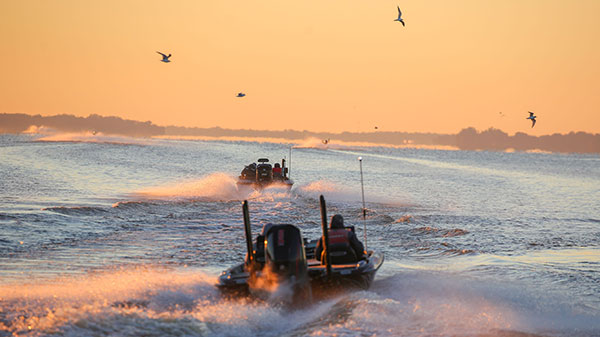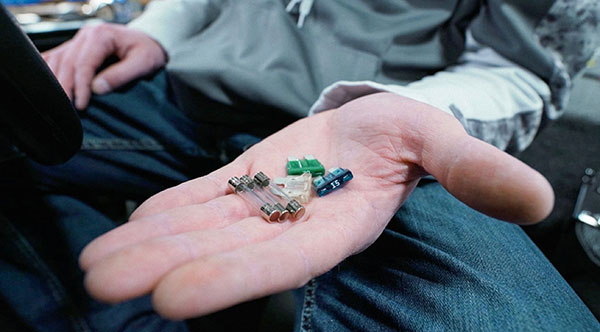- Details
Mercury Report
 Boat on the water
Boat on the water
It’s no secret that we’re all getting hit a lot harder at the gas pump these days, and it may be some time before we see any real relief.
Some might be tempted to boat or fish less to save some cash, and that’s understandable. But doing so just means you’re not using an asset – one that brings you and your family a great deal of enjoyment, most likely – that you’ve paid good money to acquire, store and insure. A better option is to optimize your boat’s fuel economy and your operating technique so you can hit the water without getting stung by a high fuel bill.
The following list will give you some ways to save on fuel. Every item won’t apply to every boat, and none of them alone will magically give your boat the fuel economy of a kayak. But if you apply as much of this as you can to your vessel, you’re virtually guaranteed to burn less fuel than you would have otherwise.
- Details
By Louie Stout
If you’ve seen one of those new Caymas Bass Boats on Michiana waters and would like to test one, you’ll get the chance March 31 and April 1.
Those are the dates of the Starboard Choice Marine Open House in Edwardsburg. Caymas is a relatively new boat company and a line being carried by Starboard Choice Marine. Several aluminum fishing boats and pontoons will be on display as well.
Weather permitting, some of the boats will be in the water at Pleasant Lake, located just off the backdoor of the Marina, and those interested can ride in one.
Food and drinks, along with several bargains, will be available throughout the two-day show.
For more information, call Starboard Choice at 269-414-4351 or visit https://www.stbcm.com/.
- Details
Mercury Report
 Boat Fuses
Boat Fuses
From yachts to dinghies, practically every vessel this side of a canoe has an electrical system, and that electrical system is bound to have at least a few fuses in it to protect it.
To avoid losing functionality, especially when you’re on the water, it is critical that you know where all the fuses are located, how to change them, and that you have the appropriate spares onboard.
Why is this so important? Well, first you need to understand what a fuse does. An electrical fuse is, in essence, a removable section of an electrical circuit that is designed to sacrifice itself in the event of a power surge, a short or other electrical mishap. Fuses are amp-rated so that the fuse will fail – that is, burn out and stop the flow of electricity – before the wires and equipment it’s protecting are damaged. Fuses also help prevent electrical fires. Consequently, fuses are important because they keep your engine, wires, gauges, electronics and the like from being damaged when something goes wrong in the electrical system. It’s much easier and cheaper to swap out failed fuse than it is to replace an expensive piece of hardware.




